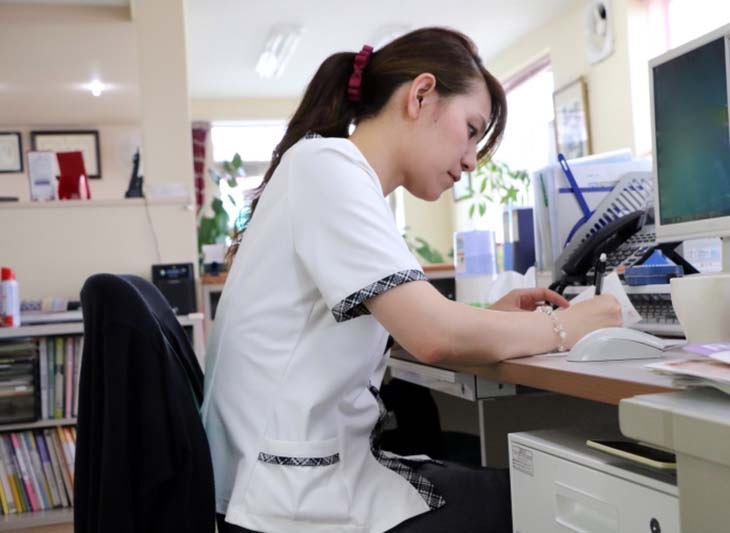Women’s Economic Participation Bolstered with Health Toolkit Launch

A newly launched APEC Healthy Women, Healthy Economic Policy Toolkit offers a user-friendly one stop menu of policy options that can be used to pilot, implement and scale up actions appropriate to local economic and social conditions. The toolkit was unveiled by health, economic development and gender officials from APEC member economies and the private sector on Wednesday in Manila.
“Better health outcomes for women are a prerequisite for increased women’s participation in an economy,” explained, Dr Janette Loreto-Garin, Philippine Secretary of Health and co-Chair of the Experts Group that oversaw the drafting of the toolkit, in remarks alongside the 2015 APEC Women and the Economy Forum. “The Philippines is committed to putting words into action by piloting the toolkit with the hope that our experience may serve as a guide for greater progress.”
“There may be ample public and private sector support for advancing women’s economic empowerment but a problem can be knowing where to start,” added Nora Terrado, Philippine Undersecretary of Trade and Industry and Chair of this year’s APEC Women and the Economy fora, including the Policy Partnership on Women and the Economy which oversees the toolkit and related APEC member initiatives. “When evidence and good practices for improving women’s health are within arm’s reach, it helps to drive the entire process.”
Around a billion women globally could play a more active role in their economies, according to the International Labour Organization. This includes women in informal, vulnerable and unregulated employment as well as women with disabilities and migrant women. Health barriers in many cases inhibit them from entering and remaining in the workforce, and achieving career advancement.
“Too often these issues are considered separately,” noted Catherine Russell, United States Ambassador-at-Large for Global Women's Issues. “This toolkit brings together the necessary stakeholders to advance health, labor, economic growth and gender equality all at once. When you consider the research that shows domestic violence costs economies two percent of GDP, it’s clear that women’s health and safety is a critical issue in economic policy.”
The toolkit details issues, actions and implementing elements for improving women’s health in APEC economies across five categories: workplace health and safety; health access and awareness; work-life balance; sexual and reproductive health; and gender-based violence. The toolkit was informed by a US-funded literature review that offers evidence validating the toolkit’s recommendations. The way forward on this and associated women’s empowerment challenges is being addressed by officials and private sector representatives here this week.
“Fostering policies that empower women to participate in economies and benefit directly from the forces of globalization has become a high priority within APEC,” said Dr Alan Bollard, Executive Director of the APEC Secretariat. “A fully engaged workforce within and across economies can have profound implications for productivity and prosperity which is what we now are aggressively pursuing through collaboration with business and civil society.”
“There is a real need to narrow gaps in the understanding of the relationship between women’s health, participation in the economy and economic outcomes,” concluded Belén Garijo, CEO of Merck Healthcare, who also served as co-Chair of the Experts Group that oversaw the drafting of the toolkit. “The new opportunity we have today to define gender balanced health policies and support implementation work bodes well for the building of inclusive economies into the future.”
Click here to view the APEC Healthy Women, Healthy Economies Policy Toolkit
and Literature Review
# # #
For more:
The 50 leading companies for women in the Asia-Pacific are described here.
Learn how women are leading the way in disaster risk reduction in the vulnerable Asia-Pacific at this link and what good practices APEC members are advancing to support this effort here.
Mari Pangestu, former Indonesia Trade Minister, explains how greater regional economic integration strengthens women’s economic empowerment here.
For further details, or to arrange possible media interviews, please contact:
David Hendrickson +65 9137 3886 at [email protected]
Michael Chapnick +65 9647 4847 at [email protected]
More on APEC meetings, events, projects and publications can be found on www.apec.org. You can also follow APEC on Twitter and join us on Facebook and LinkedIn.

